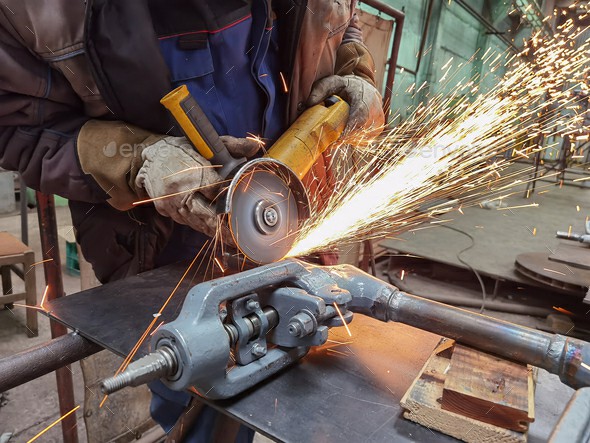


 349,500 Offered Certificates
349,500 Offered Certificates
 24/7 Online Training
24/7 Online Training
 Money Back Guarantee
Money Back Guarantee
 Fully Accredited Courses
Fully Accredited Courses

Created at: 23-02-2025 00:08
Abrasive wheels are indispensable tools in various industries, but their usage comes with significant risks. Understanding these risks and implementing effective safety measures is crucial for preventing workplace accidents. This guide delves into the hazards associated with abrasive wheels and offers strategies to enhance workplace safety across cities like Dublin, Cork, Galway, Limerick, Waterford, and beyond.
Abrasive wheels are used for cutting, grinding, or polishing materials. While they are effective, improper use can lead to serious injuries. Recognizing the risks is the first step toward fostering a safe work environment.
Working with abrasive wheels can lead to a variety of injuries, including:
Implementing safety measures can significantly reduce the risks associated with abrasive wheels. Here are some recommended practices:
Training is critical in ensuring that employees understand how to use abrasive wheels safely. Consider enrolling teams in certified abrasive wheels training courses in Dublin, Cork, Galway, and Limerick. Workers should learn about equipment handling, safe operation, and emergency procedures.
Adhering to the use of appropriate PPE, such as gloves, goggles, face shields, and hearing protection, is essential. Ensure all workers wear this equipment consistently.
Conducting routine risk assessments can help identify potential hazards associated with abrasive wheel usage. These assessments should include:
Establish a regular maintenance schedule for abrasive wheel equipment to ensure all components are in working order. This helps in discovering any faults before they lead to accidents.
All businesses must comply with Irish workplace safety regulations. This includes following guidelines for the use of abrasive wheels and keeping up-to-date with safety training.
The risks associated with abrasive wheels are significant, but they can be effectively managed through proper training, the use of PPE, regular risk assessments, and strict adherence to safety regulations. By prioritizing workplace safety and investing in abrasive wheels training in Dublin, Cork, Galway, and Limerick, businesses can create a safer environment for all employees.
If you're in need of comprehensive abrasive wheels safety training, contact us at [email protected] to learn more about our courses and certification options available throughout Ireland.